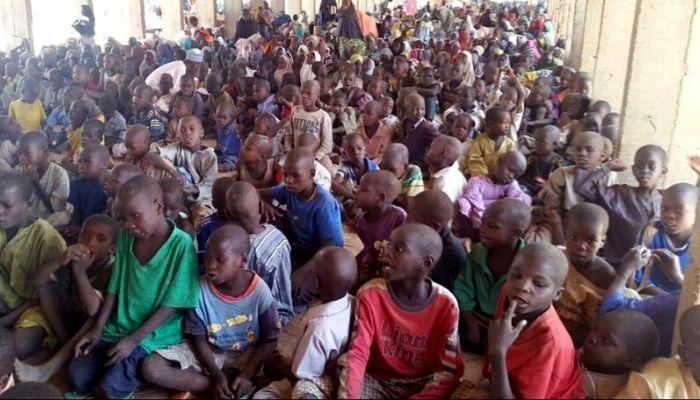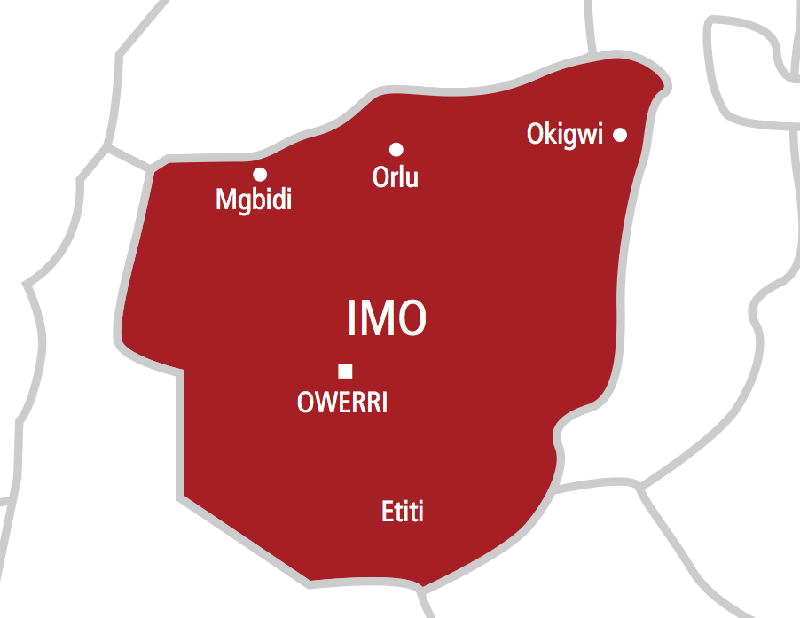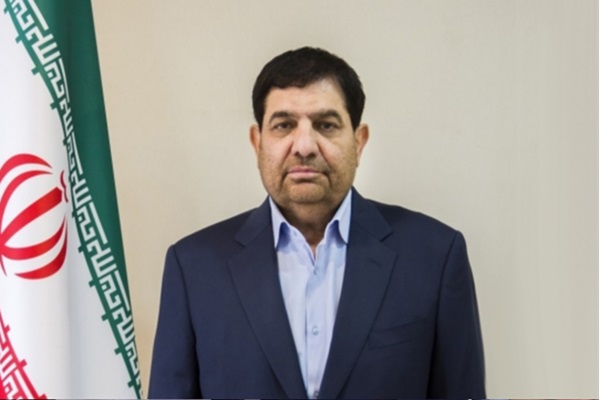In a bold push to reduce Nigeria’s soaring out-of-school population, the Federal Government has secured a $25.35 million concessionary loan from the Kuwait Fund for Arab Economic Development. The facility, signed on behalf of the Kaduna State Government, is part of a larger $62.8 million financing package aimed at expanding access to quality education in one of the country’s most vulnerable regions.
The funding will support the Reaching Out-of-School Children Programme, a major intervention targeting over 100,000 children — including girls, children with disabilities, and internally displaced persons — across underserved communities in Kaduna.
According to a statement from the Federal Ministry of Finance, the initiative will lead to the construction of 102 new climate-resilient schools, rehabilitation of 170 existing facilities, and significant investment in teacher training and learning outcomes.
Speaking at the loan-signing event, Finance Minister Wale Edun — represented by Minister of State Dr. Doris Uzoka-Anite — described the move as a “transparent and accountable investment” in Nigeria’s future. He stressed the importance of measurable results, especially in northern Nigeria, where the education gap remains most severe.
Kaduna State Governor, Uba Sani, confirmed that the state had fulfilled its $1 million counterpart funding and raised the education budget to 26% for 2025. He praised the programme’s potential to transform human capital development in the region.
Other contributors to the blended funding include:
-
Islamic Development Bank ($10.5m loan)
-
Global Partnership for Education ($15.45m grant)
-
Education Above All Foundation ($10m grant)
-
Save the Children International ($0.5m in technical assistance)
Kuwait Fund Director-General, Dr. Wahid Al-Bahar, called the project “an investment in hope,” emphasizing that success would be judged by higher enrolment rates, better learning outcomes, and stronger community engagement.
The Federal Ministry of Finance will oversee implementation, fiduciary compliance, and results monitoring — ensuring the initiative delivers long-term, sustainable educational impact.




